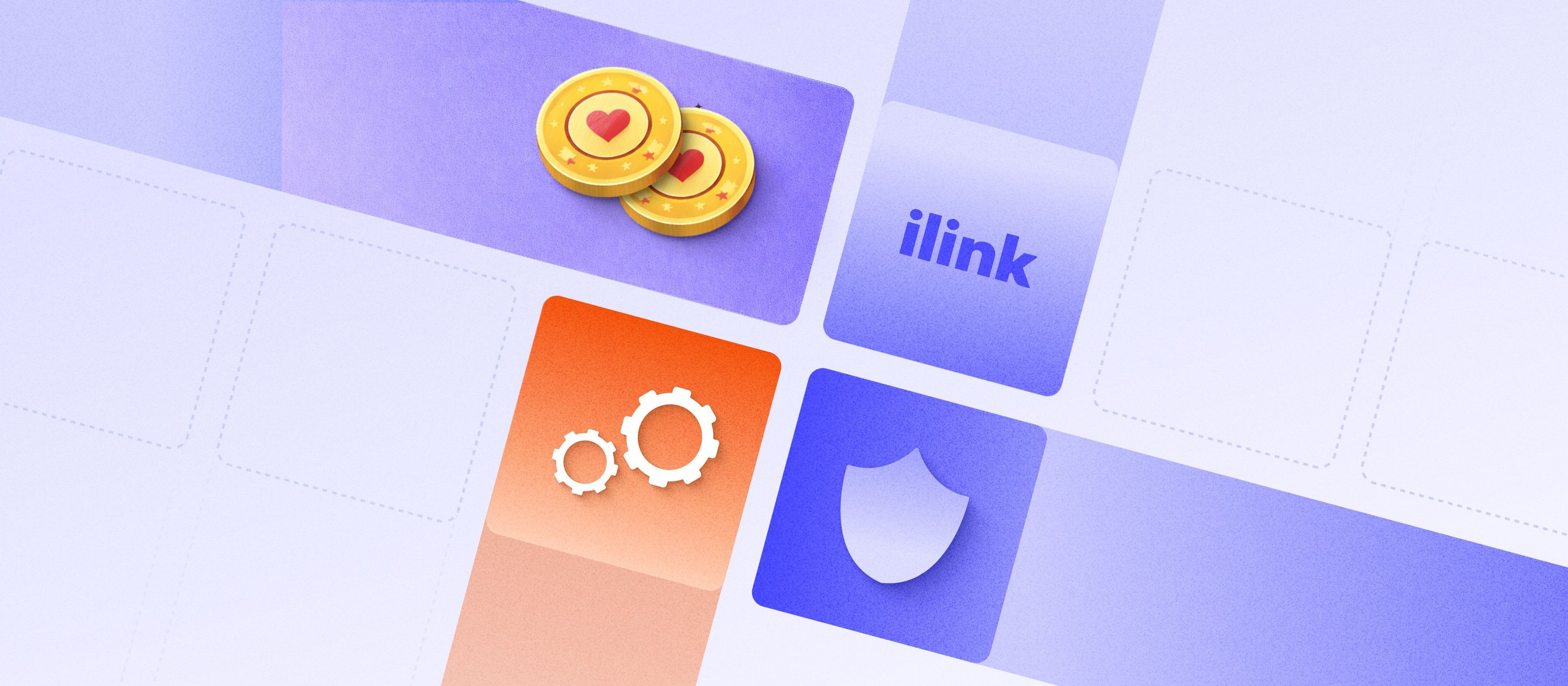What Is the Metaverse? Complete Guide for 2026
Definition of the Metaverse
The metaverse is moving from a hype term to a set of real, measurable platforms and technologies.
The metaverse is a shared, immersive digital universe where people interact, work, play, and trade using advanced technologies like virtual reality (VR), augmented reality (AR), blockchain, and artificial intelligence.
Unlike traditional online platforms, the metaverse combines social interaction, 3D virtual spaces, and digital ownership into one ecosystem. It is persistent, meaning it continues to exist even when users log off, and interoperable, allowing assets and identities to move between platforms.
In simple terms, the metaverse is the next generation of the internet, one that blends the digital and physical worlds into a seamless experience.
- Gartner predicted that by 2026, 25% of people will spend at least one hour per day in the metaverse for work, shopping, education, social, or entertainment.
- At the same time, IDC forecasts global spending on AR/VR to reach $50.9 billion in 2026, which signals that immersive hardware, software, and services are still scaling up.
- And while “metaverse” includes more than gaming, the biggest proof of demand today is usage: Roblox reported 151.5M daily active users as of Q3 2025, showing how massive persistent 3D social worlds already are.
Core Technologies Behind the Metaverse
Several technologies power the metaverse, but the key is how they work together to deliver real-time 3D experiences, identity, ownership, and payments at scale.
- XR (VR/AR/MR) + device standards. VR and AR provide immersion, while mixed reality enables “digital overlays” in physical spaces. A major 2026 driver is standardization: OpenXR is a royalty-free open standard API that helps XR apps run across different headsets with less rework, reducing device fragmentation for developers.
- Real-time 3D engines + asset pipelines. Game engines and 3D toolchains (plus formats like glTF/USD) power interactive worlds, avatars, lighting, physics, and spatial UI. This is what turns “a 3D scene” into a usable product with navigation, interactions, and performance constraints.
- Web-based metaverse tech (browser delivery). More metaverse experiences are moving to the browser to reduce onboarding friction. WebGPU is a key piece here because it brings modern GPU graphics and compute capabilities to the web platform, improving performance for 3D scenes and real-time effects without requiring native installs.
- Blockchain, tokens, and NFTs (ownership + commerce layer). Blockchain enables verifiable ownership of assets (items, land, credentials) and supports payments, marketplaces, and governance models. In practice, the “business” use cases depend on transaction costs, custody model (self-custody vs managed), and how easily assets can move between platforms.
- Digital identity + wallets (accounts that travel across worlds). The metaverse needs identity that works across apps: authentication, profiles, wallets, reputation, and permissions. For businesses, this becomes a product decision: how users sign in, how you protect accounts, and how you recover access safely.
- AI (behavior, personalization, safety, operations). AI powers NPC behavior, personalization, world moderation, support automation, and content generation. In 2026, AI is also a cost lever: it reduces the manual workload for moderation, customer support, and “live operations” in persistent worlds.
- 5G, edge, and cloud infrastructure (latency is the product). Metaverse experiences break when latency is high. Cloud + edge reduce response time, while 5G improves bandwidth for mobile immersion.
Key Features of the Metaverse
- Persistence. The digital world exists independently of user activity.
- Interoperability. Users and assets can move across different virtual platforms.
- Digital ownership. Blockchain tokens and NFTs ensure verifiable ownership of assets.
- Decentralized governance. Users can participate in decision-making via DAO structures.
- Economy. Built-in marketplaces for trading digital goods, services, and real estate.
Looking to explore the metaverse for your business? ilink builds blockchain-powered applications, NFT ecosystems, and immersive virtual experiences to help companies succeed in the new digital economy.
Examples of the Metaverse in Action
The metaverse is already taking shape across different industries:
- Gaming worlds. Platforms like Decentraland, Sandbox, and Roblox allow users to build, play, and trade.
- Social experiences. Meta’s Horizon Worlds and VRChat focus on immersive communication.
- Work and collaboration. Microsoft Mesh brings teams together in virtual spaces for meetings and training.
- Commerce and marketplaces. NFT-driven shops and branded virtual stores enable new ways to sell and promote products.
These examples show that the metaverse is more than gaming, it is evolving into a full digital economy.
How Does the Metaverse Improve Business?
For businesses, the metaverse is not just a futuristic concept. It represents a new layer of customer engagement and revenue generation:
- Marketing and branding. Reach customers in immersive environments.
- Digital real estate. Acquire and monetize virtual land through events or advertising.
- E-commerce. Sell products in virtual showrooms where customers can interact with 3D models.
- Remote collaboration. Create realistic training and onboarding programs.
- Integration with DeFi. Use blockchain-based payments and loyalty programs inside virtual platforms.
The companies that adapt early will position themselves ahead of competitors in new digital markets.
Discover metaverse opportunities
Start building your metaverse product with ilink experts today

Opportunities for Businesses in the Metaverse
Some of the most promising metaverse business opportunities include:
- Building virtual showrooms to showcase products interactively.
- Launching tokenized loyalty programs with NFTs or branded tokens.
- Hosting metaverse events and conferences for global audiences.
- Partnering with gaming platforms to create branded content.
- Developing custom metaverse applications with blockchain infrastructure.
For startups and enterprises alike, these opportunities unlock innovative ways to engage customers and create new revenue streams.
What about Risks of the Metaverse?
Despite its potential, businesses should be aware of the challenges:
- Development costs. High-quality virtual environments require significant investment.
- Fragmentation. Different metaverse platforms may not be interoperable.
- Privacy concerns. Collecting and storing user data securely is critical.
- Regulatory uncertainty. Governments are still defining policies around digital ownership.
- Security risks. Digital wallets and assets require strong protection.
Working with experienced developers reduces these risks and ensures compliance while building for scalability.
The metaverse is redefining how people connect, trade, and experience digital worlds. For businesses, it represents a powerful opportunity to innovate, from immersive marketing to tokenized commerce. Adoption comes with challenges, but with the right strategy and technology partner, companies can confidently enter the metaverse and create long-term value.
FAQs
What exactly is the metaverse in simple words?
It’s a digital world where people can work, play, and trade using VR, AR, and blockchain.
How is the metaverse different from VR?
VR is just one technology inside the metaverse. The metaverse combines VR, AR, blockchain, and AI into an economy and ecosystem.
Can businesses make money in the metaverse?
Yes. Companies can sell digital products, host events, create virtual stores, or build branded experiences.
What are examples of metaverse platforms?
Decentraland, Sandbox, Horizon Worlds, and Roblox are leading examples.
Is the metaverse only about gaming?
No. While gaming is a large part, business, education, healthcare, and finance are also moving into the metaverse.
Comments (0)
Latest Posts
Learn how AURI, the automated AI call center, transforms business communication. Natural dialogue, CRM integration, omnichannel support, rapid deployment, and enterprise-grade security in one intelligent solution.
Learn how to build an online casino that scales: games, payment options, compliance basics, risk controls, and operational automation for growth.
Explore how your business can enter the metaverse
Talk to experts about metaverse development.




